
Elissa McCarter LaBorde
Trust is earned over decades but can be broken in an instant. That is a central tenant of financial cooperatives and credit unions, who mobilize the savings of hard-working people around the globe to expand access to financial services and make members’ money work for them. It is also a principle that has guided me in my career - to use my skills and experience to address inequity and injustice in places where people have not been given an even hand. One of the reasons I was drawn to microfinance in my early days of working in international development was the fact that it serves customers, rather than aids beneficiaries. That relationship is one of equals. It’s a business partnership built on trust, most often in underserved communities and in countries where the rule of law is rarely honored.
Today, leaders in my position have been given an impossible hand. With the shuttering of USAID, the largest donor in the world, we have had to make gut-wrenching decisions about who to keep and who to let go. We have had to make cash projections with very little information to go on.
Most of us would agree that USAID should be more efficient. The bureaucracy and compliance requirements of USAID rules and regulations has created costly overhead rates of implementing partners, when that money could be put to better use in the communities we serve. With any new Administration, we welcome a review of programs and program evaluations, which are already commonplace, in a good faith effort to make the development industry more effective. We know how to manage a certain level of risk, having worked on behalf of the USG in developing markets where the risks are already high, local laws are complex, and uncertainties are constant as we set up offices, hire and train staff, navigate local cultures and norms, and yes, build trusted relationships over time.
Those relationships are now at greatest risk, where a freeze on aid from the richest country in the world damages the good will in communities it has taken us years to build. We may have no winners here, only losers if we let fail some of the best non-profit groups doing some of the most impactful, evidence-driven, life-changing humanitarian and social development work around the world.
At WOCCU, an organization I am honored and proud to lead, we will survive. We will pivot and rebuild. We will continue to do the things we believe in - creating economic opportunities for the most underserved globally, just as credit unions do for their 140 million members across the US. We know our work is enhancing America’s security and prosperity, because it is based on the proven model of cooperative finance that both lifts up communities and brings a solid return for our investors and funders. We will advocate to our US Representatives that we can be a resource to help design a better way for aid to be effective if we are given the chance.
As with all NGO leaders caught in the freeze, I have been dealt an impossible hand. Trust is broken. But I am incredibly proud that every WOCCU employee is making sacrifices to ensure we can retain as many of our high impact development programs and experienced team members as we can in support of our member countries and partners. WOCCU is a global network of more than 100 countries where credit union systems are serving their members and uplifting communities. We owe it to ourselves to turn this moment into an opportunity. It is our opportunity to speak up for the values we hold and the impact we deliver, and to mobilize other leaders in our movement who share our belief in the power of development and shared responsibility to continue helping those in need live a fulfilling and meaningful life.
(Elissa is a President & CEO @ the World Council of Credit Unions)
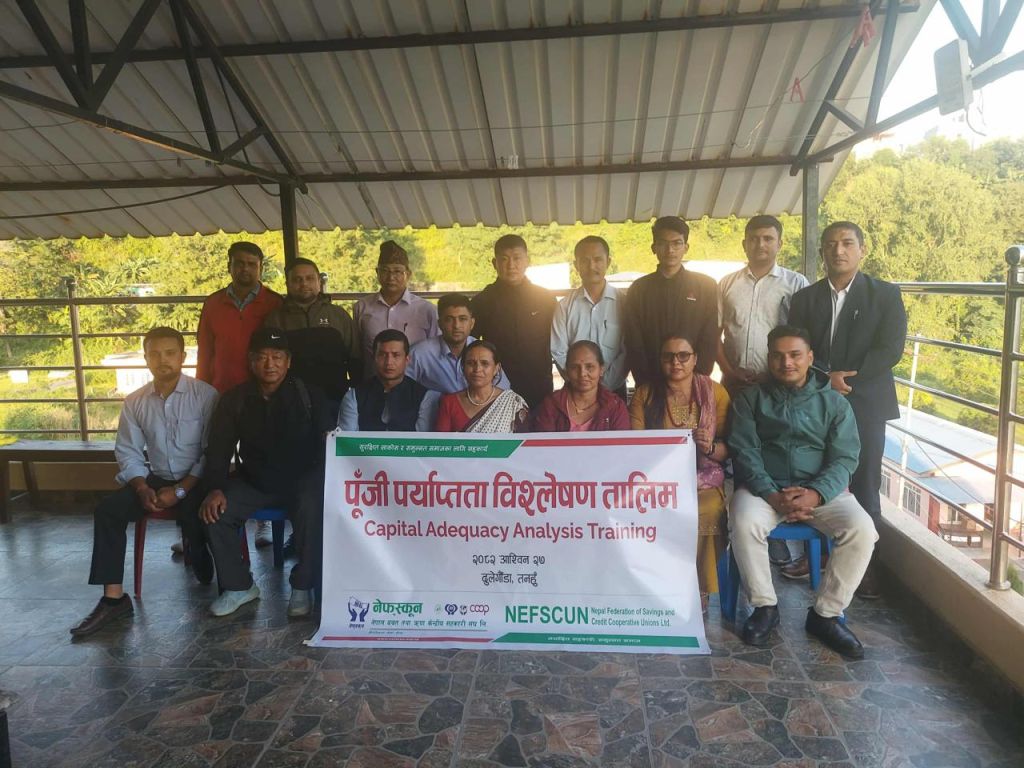
७ घण्टा अगाडि
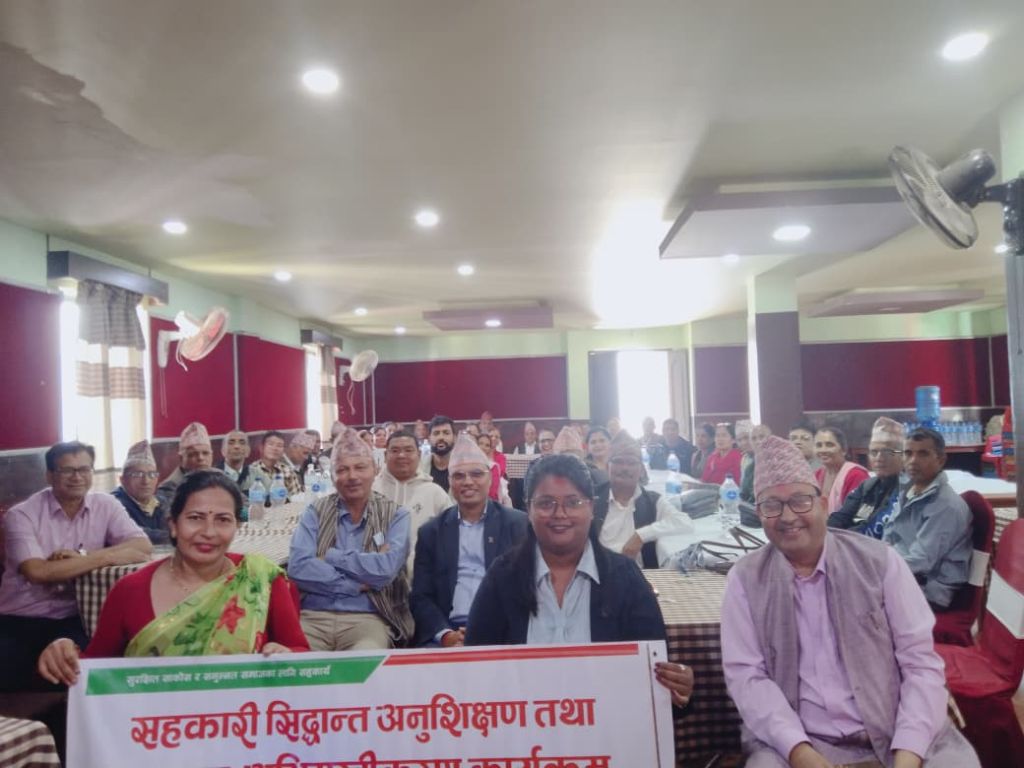
७ घण्टा अगाडि
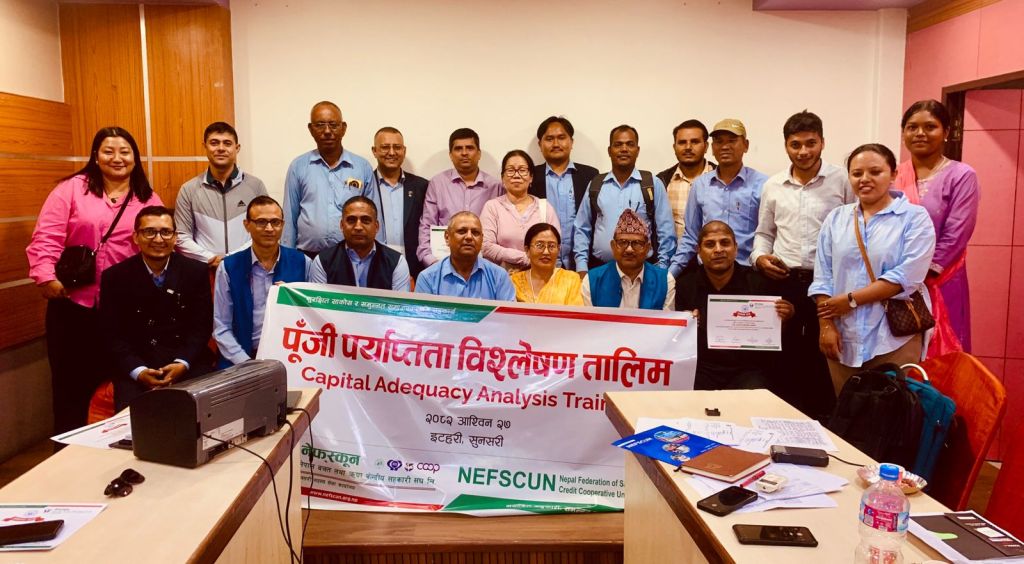
७ घण्टा अगाडि
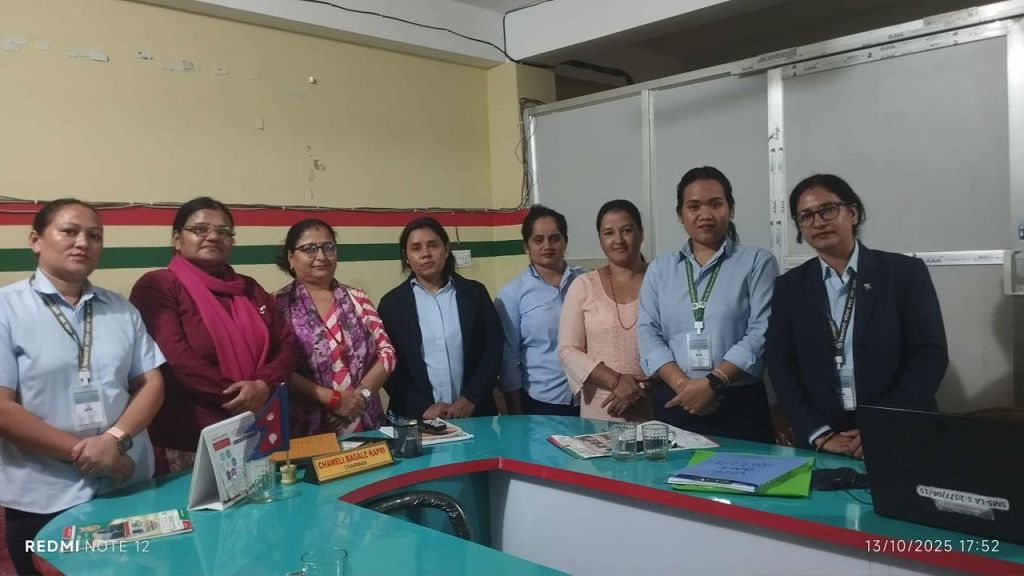
८ घण्टा अगाडि
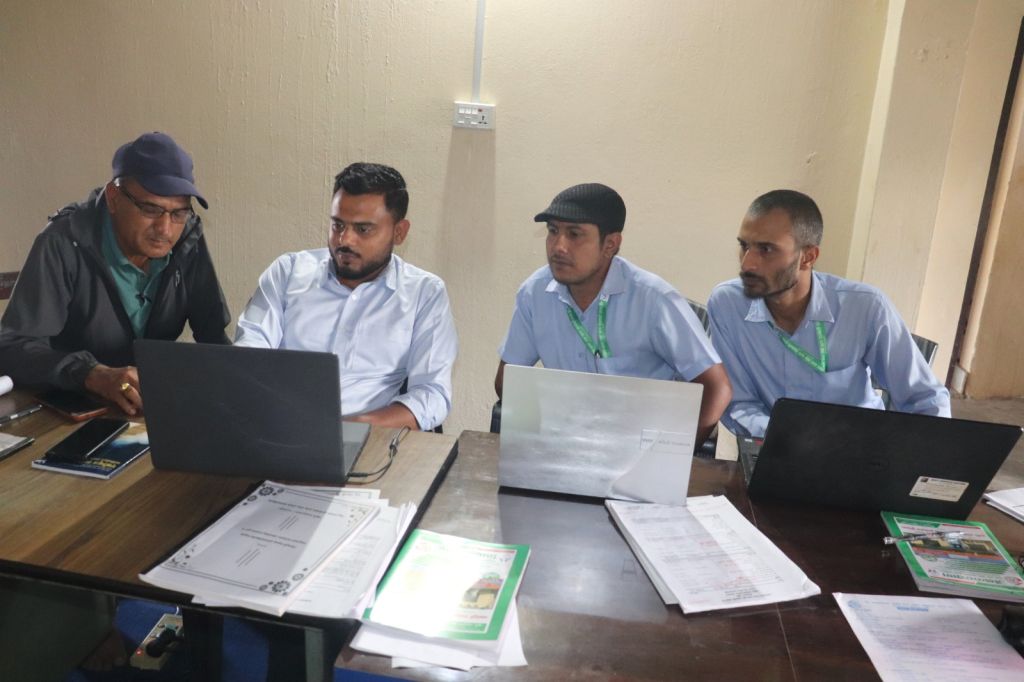
९ घण्टा अगाडि
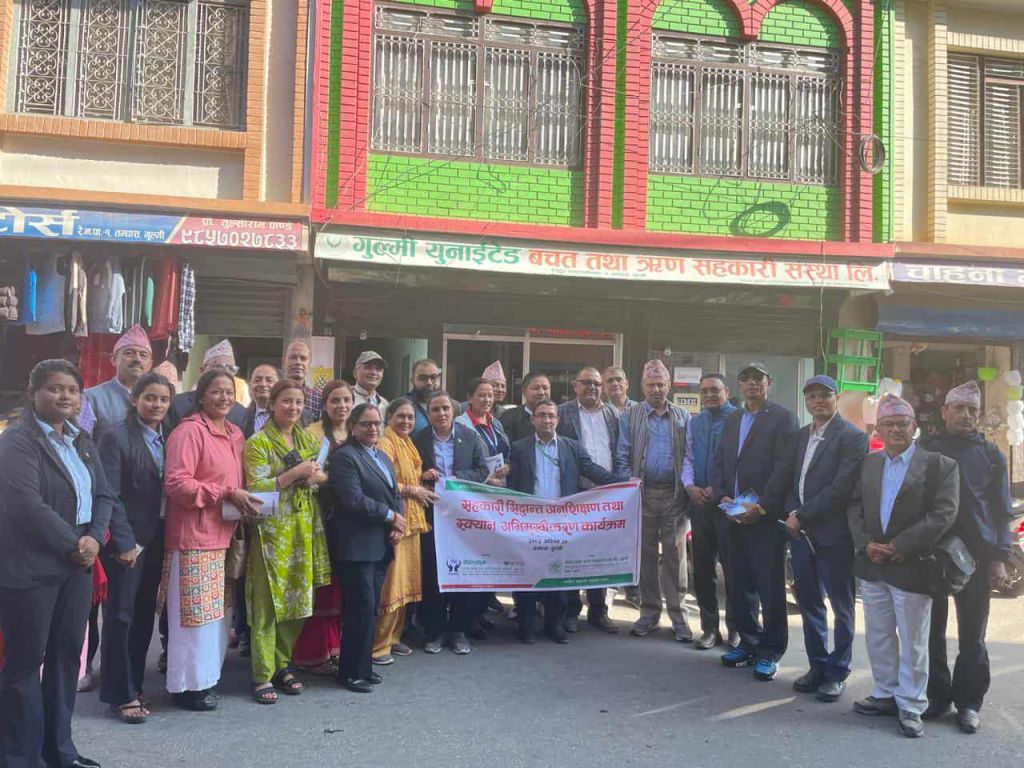
१ दिन अगाडि
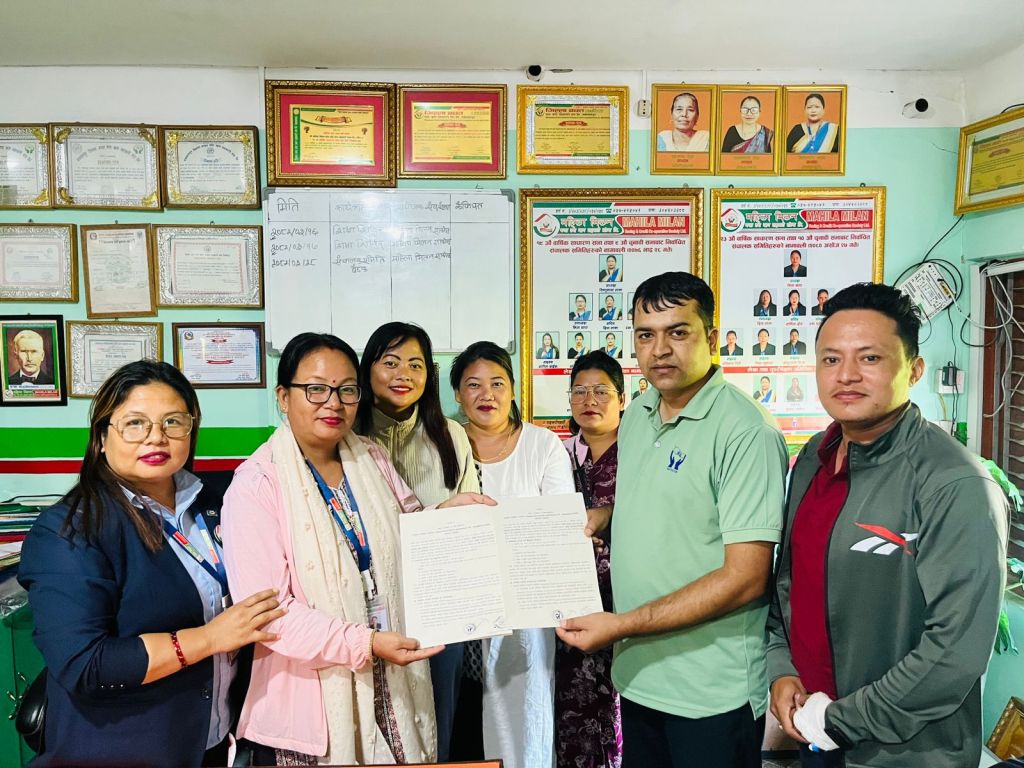
१ दिन अगाडि
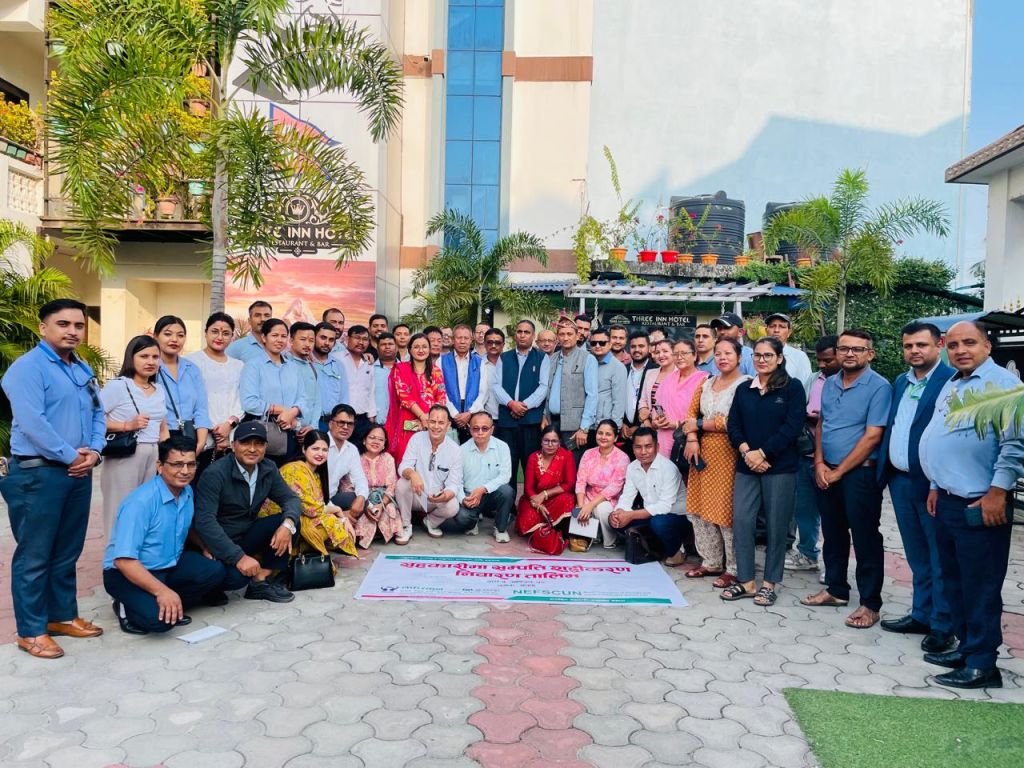
१ दिन अगाडि
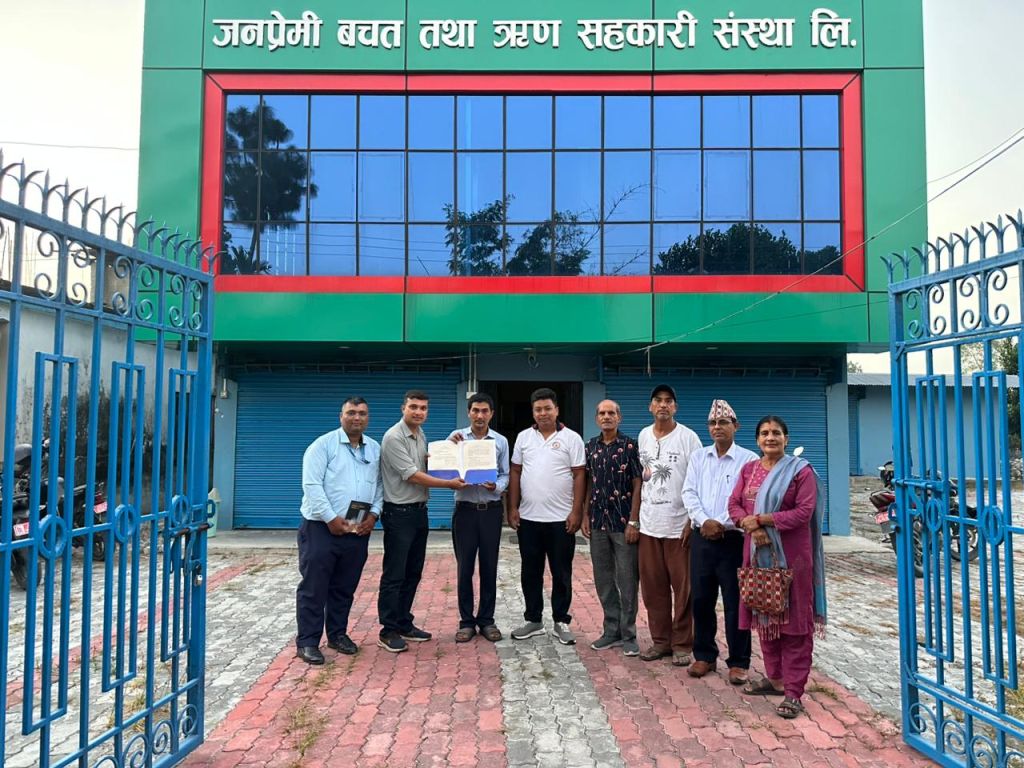
३ दिन अगाडि

७ घण्टा अगाडि

७ घण्टा अगाडि

९ घण्टा अगाडि

७ घण्टा अगाडि

८ घण्टा अगाडि
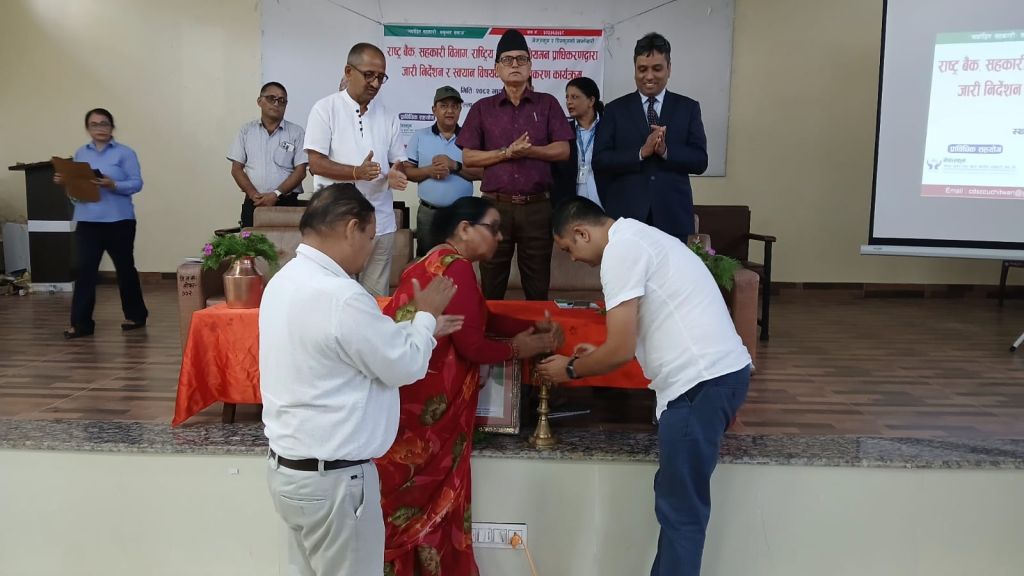
३८ दिन अगाडि
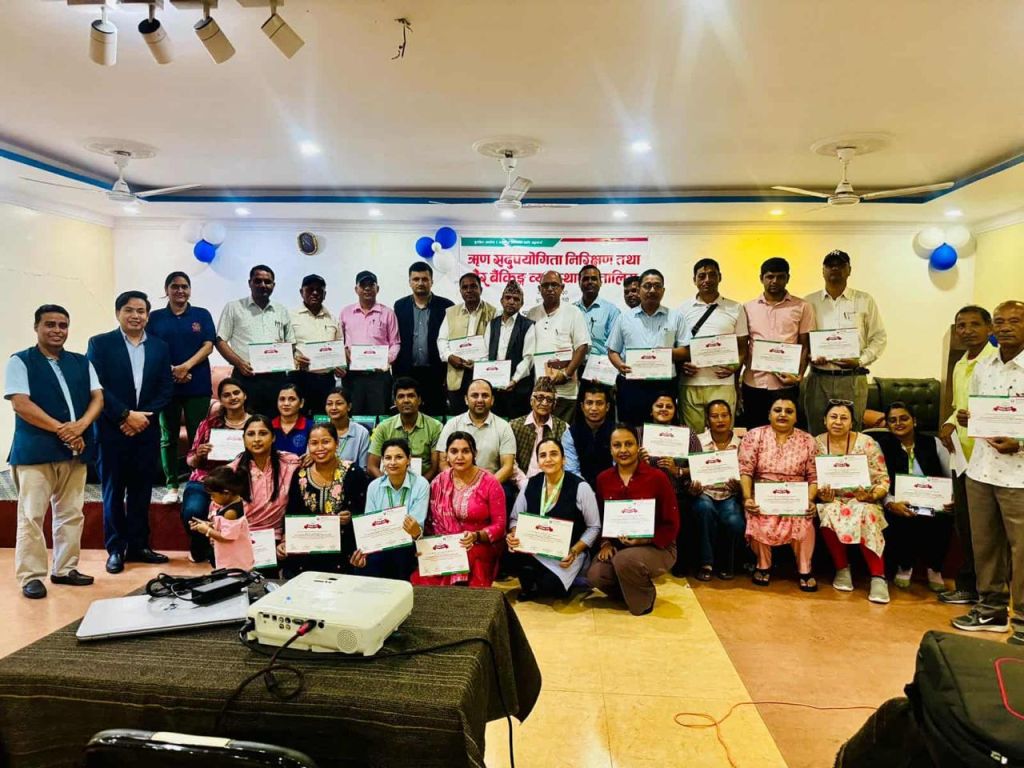
३८ दिन अगाडि